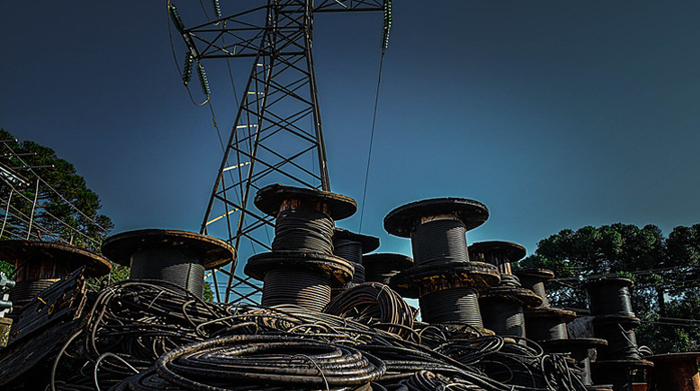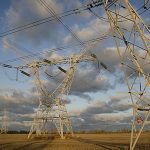Grid Reliability Examined by University of Pennsylvania Study

Image courtesy of Carla Wosniak under Attribution 2.0 Generic License, resized to 700 x 391 pixels.
Recent research from the University of Pennsylvania paints a grim view of the future of grid reliability in the U.S. The paper’s authors unsurprisingly mention that increasingly severe weather and aging infrastructure are two of the primary culprits, but these certainly are not the only factors.
For today’s post, let’s explore the details of this paper, “The Key to Electric Grid Reliability: Modernizing Governance,” which was published 3/20/24.
Factors that Hinder Grid Reliability
Aside from the obvious, the paper concludes that a big part of the problem is the extremely inefficient and siloed governance system currently in place. The system is spoiled by fragmented authority, which tends to lengthen approval processes because of the high level of coordination required across the various regulatory bodies. The authors of the paper developed recommendations for improving this governance system, including requiring the Federal Energy Regulatory Commission (FERC) to take a more proactive role, but I’m sure any change will come at a glacial pace.
The paper also partially blames the North American Electric Reliability Corporation (NERC) and Regional Transmission Organizations (RTOs), which often show a preference bias for the utilities at the expense of external stakeholders and customers. Here again, an extension of FERC’s authority is suggested as a possible solution.
The paper also advocates for incorporating more distributed energy resources (DERs) – like energy storage technologies, small-scale renewables, and demand response tactics – into the future planning and operation of the grid, instead of focusing almost exclusively on expanding traditional methods or sustaining outdated ones.
In a nutshell, the paper’s authors are sounding the alarm over a poor industry governance system that is serving to exasperate the omnipresent macro-level threats like an aging infrastructure and the increasing frequency and severity of extreme weather events. Hopefully, research like this will serve as a bit of a wakeup call. Otherwise, the overall grid reliability within this country will continue to degrade.



